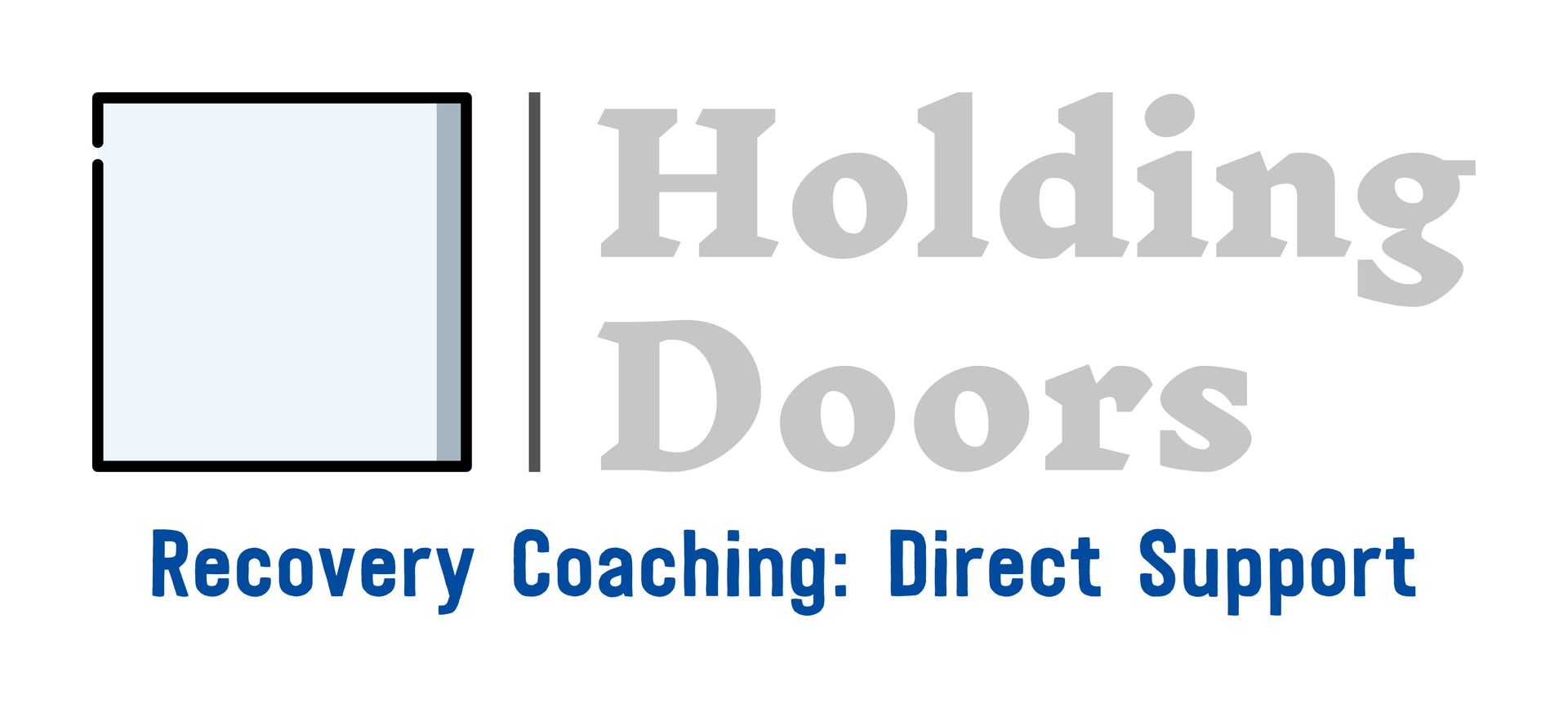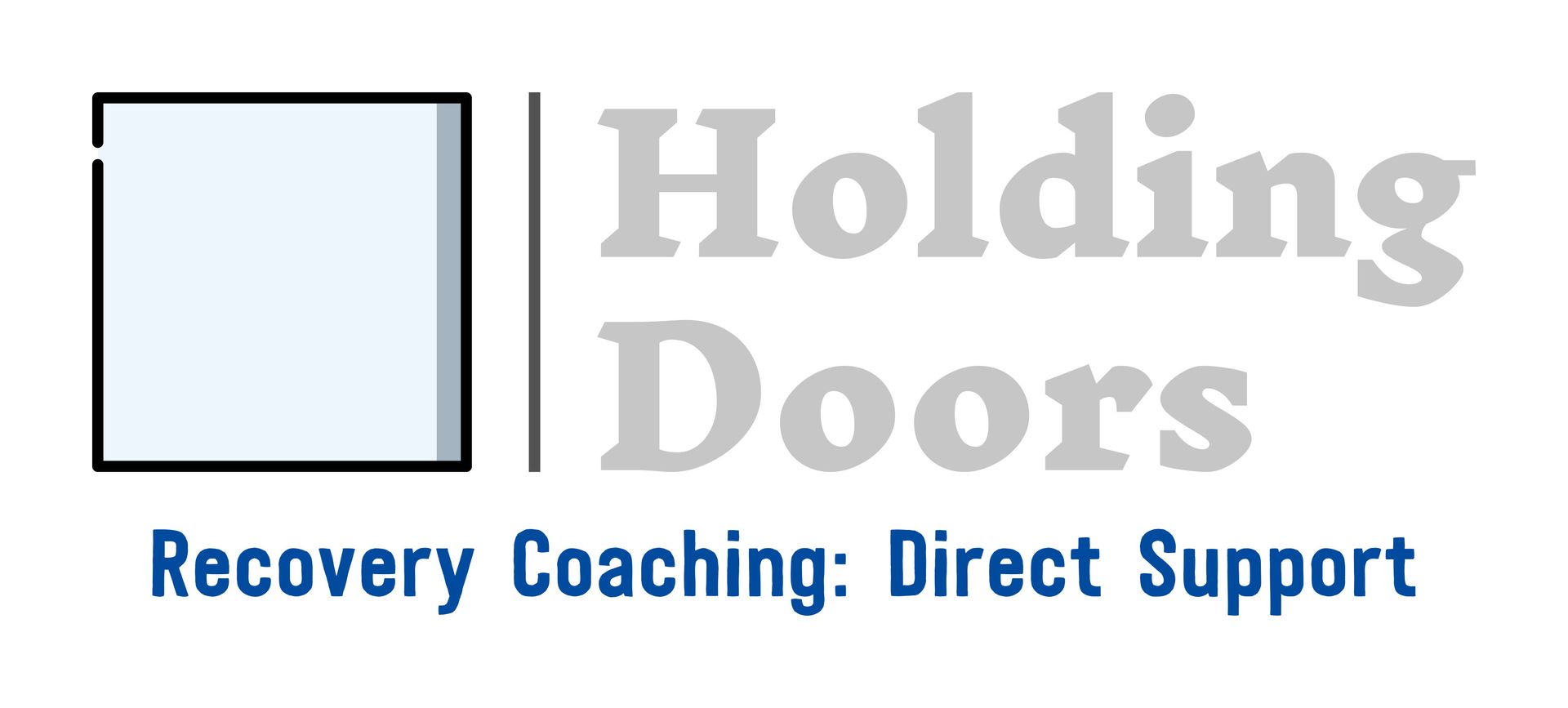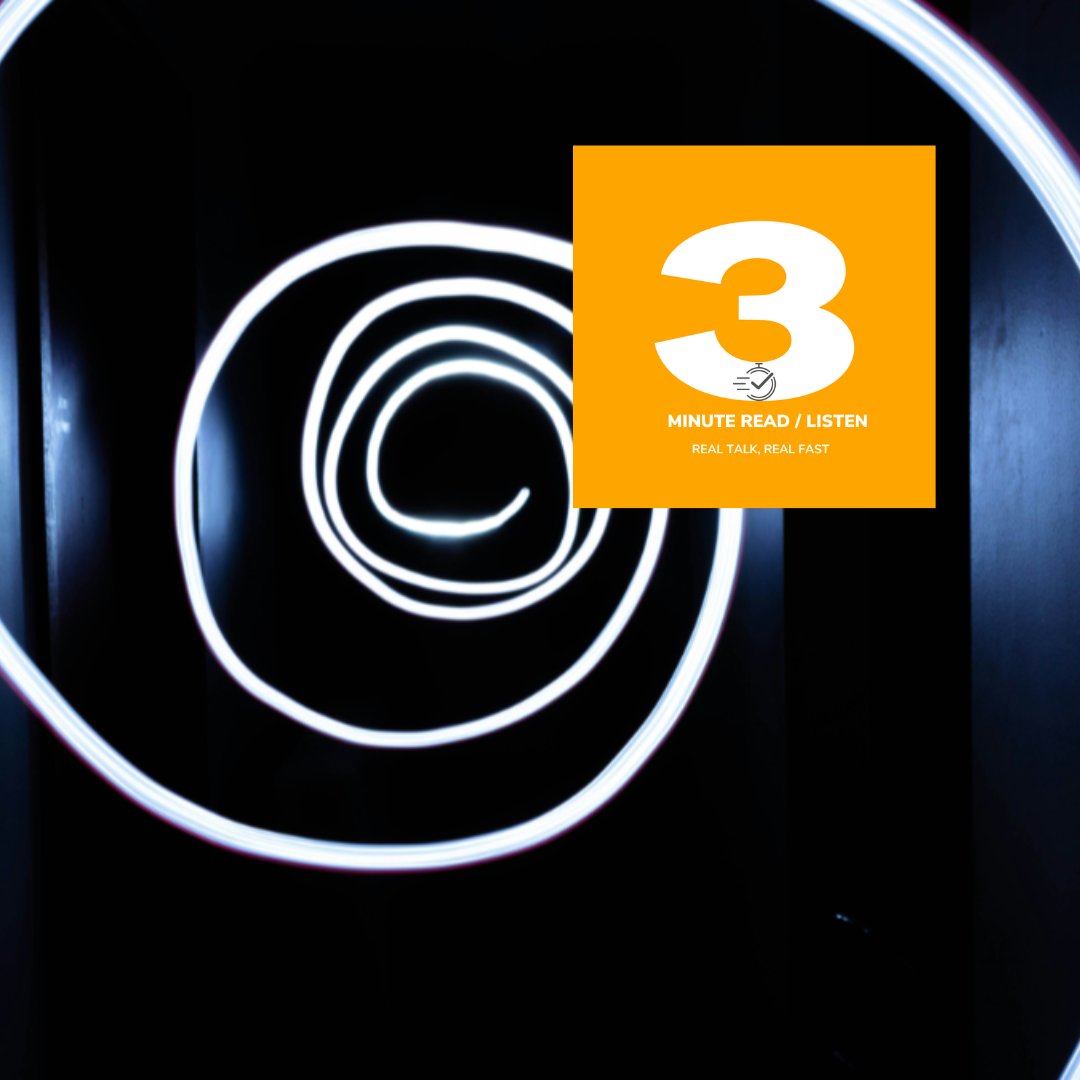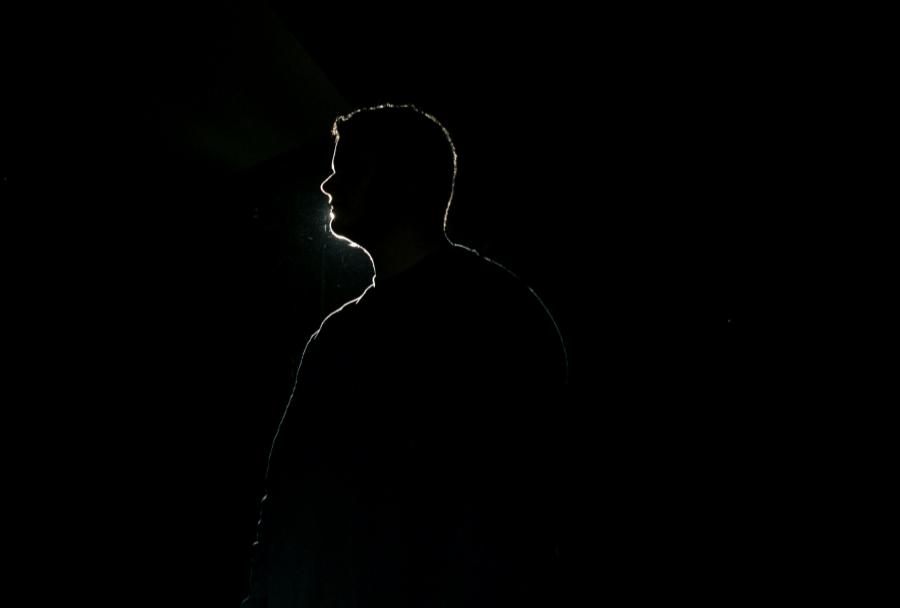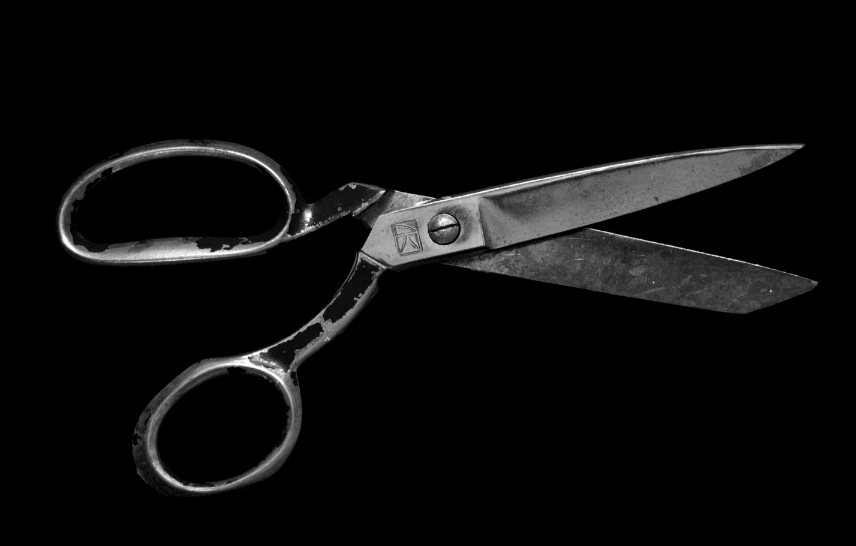The 5-Step Plan for Building a Solid Aftercare Foundation
The 5-Step Plan for Building a Solid Aftercare Foundation
Now, let’s take a quick peek at the heart of aftercare (get the full eBooks by emailing "Aftercare" here): the five-step "starter kit" for aftercare that will help you build a life free from addiction.
Step 1: Develop Your Definitions
Start by creating your own definitions for key areas of your life. Think about relationships, finances, fitness, faith, and passions. Define how you will “show up” in each of these categories in a way that makes you proud. These definitions must come from you, not from what others expect. If they aren’t your own, you won’t be able to judge your progress properly. Write these down and reflect on them. They should be a true reflection of who you want to be.
Step 2: Create Daily Disciplines
Next, focus on uncovering the daily disciplines needed to live up to your definitions. This isn’t about setting goals; it’s about establishing daily habits, routines, and rituals that help you become the person you want to be. These routines should provide structure and reduce stress. Concentrate on movement, productivity, and action. This could include regular exercise, healthy eating, and mindfulness practices. By building these habits, you’ll create a lifestyle that naturally supports a life without addiction.
Step 3: Establish Community
Building a strong support network is “mission critical.” Start by serving your friends and family. Join groups and organizations that align with your values. Surround yourself with others who are genuine and vulnerable. Approach relationships with the mindset of helping others rather than what they can do for you. This attitude fosters a supportive community. Additionally, it’s important to distance yourself from those who hinder your progress. The right therapist or coach can guide you through this process and help you establish a strong, positive network. This does not mean simply deleting them from your contact list on your phone. There is a process to this.
Step 4: Financial Planning and Stability
You are meant to be productive. Work on managing your finances to create stability in your life. Create a budget and plan for your expenses. If needed, seek help from a financial advisor. Financial stability reduces stress and gives you a sense of security, allowing you to focus on other aspects of your recovery. Being productive and managing your finances well is essential for a stable and fulfilling life.
Step 5: Pursue Passions and Interests
Humans need purpose and recreation! If you’re unsure of your purpose (this is fine and normal), start by aligning your daily disciplines with your definitions and serving others. Rediscover hobbies and activities that bring you joy. Engaging in fulfilling activities like art, sports, or volunteering helps you stay focused and motivated. Finding joy and purpose in your daily life keeps you anchored and inspired. This step is crucial for maintaining your recovery and building a life that excites you.
Staying on the Path to Success
Starting your aftercare plan is a big step, but maintaining it is where the real work begins. As you move forward, you might face challenges. However, with the right and proven strategies, you can overcome them and stay on the path to success. Remember to focus on key milestones at 10 days and 90 days. These milestones are crucial markers of your progress.
You may feel overwhelmed at times. Instead of thinking about the entire journey, focus on the next step. Celebrate each small victory along the way. Each accomplishment, no matter how small, is a step towards your goal and a reason to be proud. Recognizing these small wins helps keep you motivated and shows you how far you’ve come.
Lack of motivation can also be a challenge. That is why, with the right coach, you do not count on motivation alone. When it is there, great! When it is not, fine, we live off discipline and the right aftercare plan. Discipline is about doing what needs to be done, even when you don’t feel like it. Your coach will help you stay disciplined and focused on your goals.
Stress and triggers are inevitable. But remember that you are a “new person” now equipped to walk through them. Aftercare programs that focus too much on stress and triggers can make them seem bigger than they are. Instead, shift your focus to action and thoughts. Where your thoughts go, your emotions and actions will follow. You have the tools and strategies to handle stress and triggers effectively.
If you feel progress is slow, re-adjust with your coach or therapist. Adjustments are normal and part of the process. Progress will not be slow with these steps, but if it feels that way, it’s important to reassess and make necessary changes. Your coach or therapist can provide valuable insights and help you stay on track.
Your Journey to Lasting Recovery
You’ve reached the end of this blog post, but your journey to lasting recovery is just beginning. Let’s recap what you’ve learned:
- The importance of a solid aftercare plan and the misconceptions that hold people back.
- Five steps that are critical to building your aftercare plan and building a life free from addiction.
- Strategies for maintaining your progress and overcoming common roadblocks.
Remember, you’re not alone in this journey. You have the tools and support to create a fulfilling, addiction-free life. Take action now. Implement the steps you’ve learned, and watch as your life transforms. You have the strength, resilience, and determination to achieve lasting recovery.
Let’s start this journey together and build a life full of productivity, kindness, and the best quality of life. You deserve it. Every day is an opportunity to move forward, build stronger relationships, and live the life you want. Stay committed, stay disciplined, and embrace the new person you are becoming.
You have the power to create the life you envision. Let’s make it a reality.
Are you doing enough to support your liver? The Liver Brand supports me and my clients! & our livers!!!
*This is a recovery/health coaching education service only. It is not, and is not intended to be, medical treatment or recommendations for medical treatment. Actual medical treatment must come from your physician. Telephone or video consultations do not replace the need for seeing a doctor in person. Holding Doors recovery educators and coaches cannot diagnose or prescribe medications, treatment, or testing procedures. Holding Doors recovery educators and coaches can provide general information that may need to be reviewed and approved by that person’s own physician. Consultations are not considered to be medical advice or diagnosis. Payments are refundable; if you reschedule with 24 hours' notice, your payment will be transferred in full to your new appointment. The cost of Holding Doors recovery education and coaching services is not covered by health insurance or Medicare.
